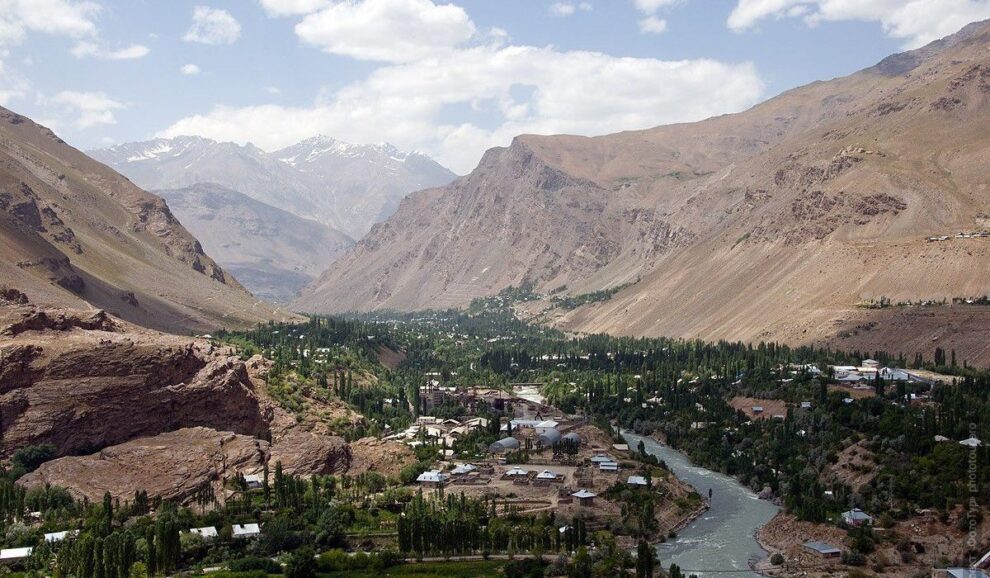DUSHANBE (19 October 2023) – Despite progress and good initiatives recently adopted by the government of Tajikistan, much more needs to be done to implement and protect the human rights of religious and other minorities, a UN expert said today.
In a statement at the end of a 11-day mission, Fernand de Varennes, the UN Special Rapporteur on minority issues said he was encouraged by the commitment and enthusiasm of many younger officials who seemed genuinely eager to improve the Government of Tajikistan’s efforts in relation to the implementation of its international human rights commitments.
“All too frequently I also encountered a lack of understanding as to what this entails, even to the point of outright hostility or denial,” the expert said. De Varennes expressed particular concern towards the Jughi (Roma) community, users of sign languages, Uzbeks, religious minorities and the Pamiri community in GBAO in several aspects, including their representation in the National Parliament, access to education in their mother tongue and freedom of religion.
He strongly recommended that the country continue efforts to ratify the Convention on the Rights of Persons with Disabilities and urged the revision of legislation to include the Roma (Jughi) minority in the National Action Plan. Regarding violent events occurring in the GBAO region from November 2021, the Special Rapporteur called for an impartial and transparent investigation according to international standards and measures to prevent tensions and escalation of violence in the region.
“Responding to the grievances of the Pamiri minority is an important part of that de-escalation,” he said.
“Tajikistan has shown willingness to cooperate and engage with the international human rights mechanisms, but it has not been enough,” de Varennes said. “The recently adopted National Strategy on Human Rights and Action Plan, as well as the Law of the Republic of Tajikistan on Equality and Non-Discrimination are a good start but measures need to be taken to ensure the rights of minorities in the country,’’ he said.
The Special Rapporteur will present a full report on his visit to the Human Rights Council in March 2024.
The Special Rapporteur on minority issues, Dr Fernand de Varennes, is Visiting Professor, Université catholique de Lyon, Vytautas Magnus University, Kaunas, and National University of Ireland, Galway. He was appointed United Nations Special Rapporteur on Minority Issues by the Human Rights Council and assumed his functions on 1 August 2017. His work and commitment focusses on the human rights of minorities, as well as the prevention of ethnic conflicts, the rights of migrants, the relationship between ethnicity, human rights and democracies, and the use of federalism and other forms of autonomy arrangements to balance competing cultural interests. Fernand de Varennes holds degrees from the Université de Moncton (LLB, 1988), the London School of Economics and Political Science (LLM, 1992), and the Rijksuniversiteit Limburg (becoming in 1996 the University of Maastricht, Dr Juris, 1996).
Special Rapporteurs are part of what is known as the Special Procedures of the Human Rights Council. Special Procedures, the largest body of independent experts in the UN Human Rights system, is the general name of the Council’s independent fact-finding and monitoring mechanisms. Special Procedures mandate-holders are independent human rights experts appointed by the Human Rights Council to address either specific country situations or thematic issues in all parts of the world. They are not UN staff and are independent from any government or organization. They serve in their individual capacity and do not receive a salary for their work.
Source: OHCHR News















